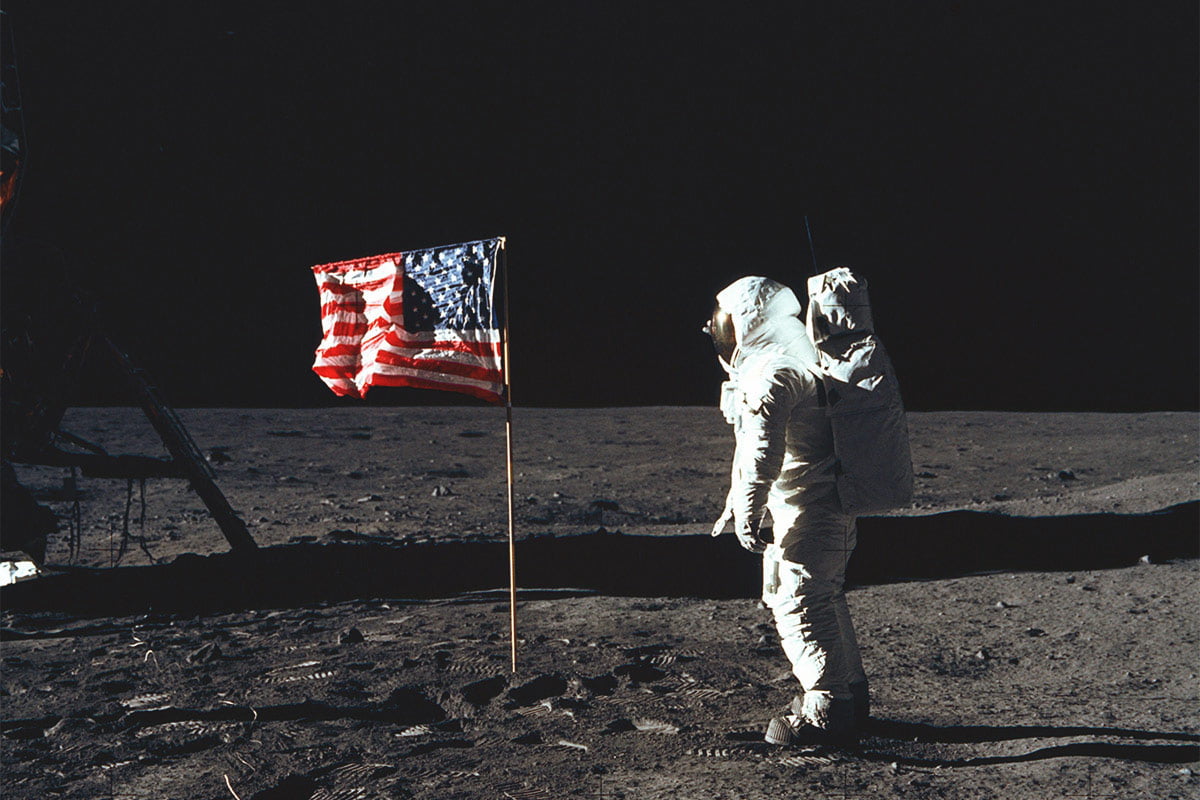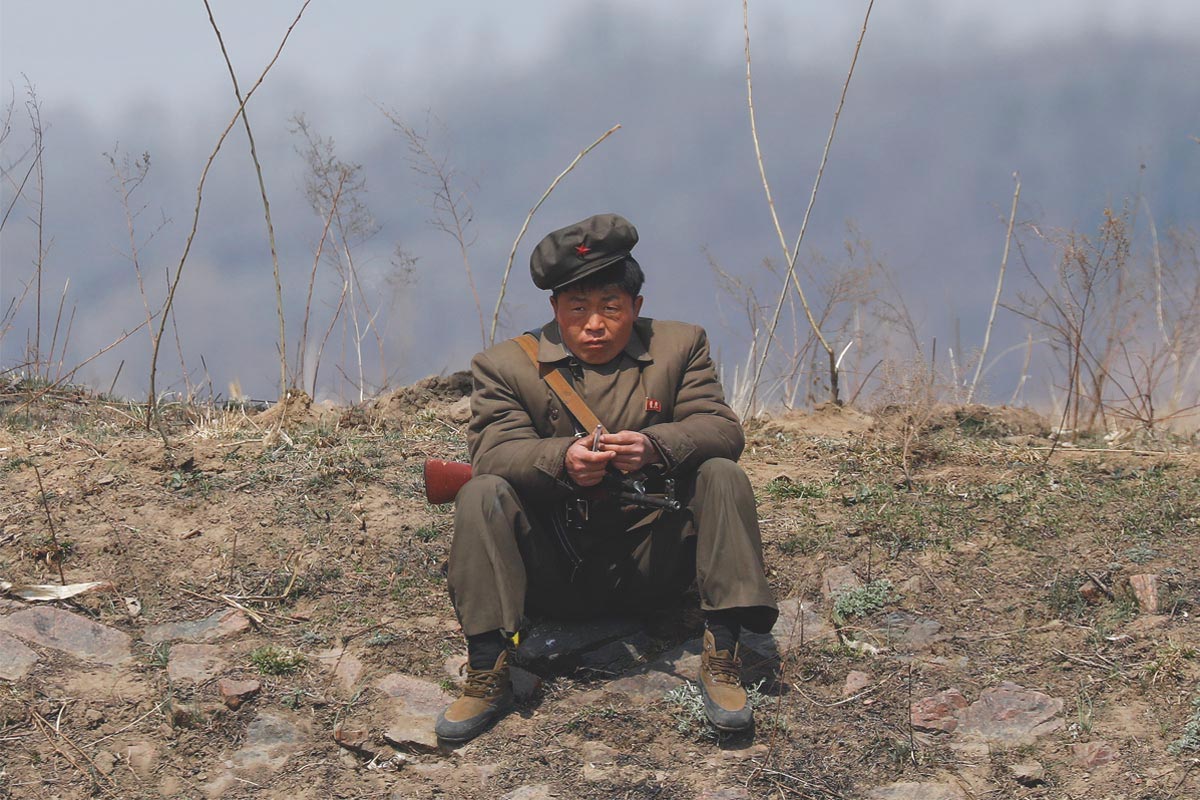Danger in the online and real word
The term “stranger danger” was coined as a warning to children: beware the unknown adult, proceed with caution and be very careful what personal information you reveal. The question is, do adults take their own advice? Perhaps most would be more guarded and make sure they know who they are dealing with before revealing too much about themselves. But our relationship with “strangers” has been evolving and social media has torn down some of the barriers that used to protect us. Now a relative stranger could be a Facebook “friend” and evidence shows that sexual predators are using this to their advantage. How we transition from stranger to non-stranger relationships is a relatively unexplored strand in research, with little recognition paid to the fact that the internet has completely transformed our level of engagement with strangers. At the same time other studies are showing how the rate of reporting sexual offences to conviction is low. A report by Her Majesty’s Inspectorate of Constabulary (HMIC) concluded that 1 in 4 sexual offences should have been recorded …









